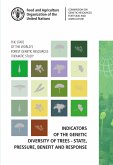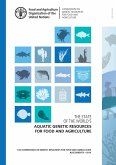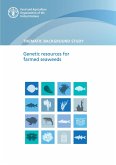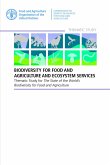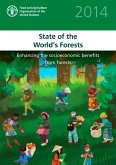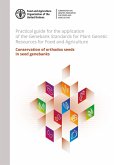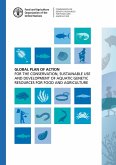This study, prepared within the ambit of The State of the World's Forest Genetic Resources, reviews what is known about the value of trees for tropical rural communities. It focuses on non-timber products harvested from trees in natural and managed forests and woodlands, the various products and services obtained from trees planted or retained in agroforestry systems, and the commercial products of tree commodity crops. The role of intra-specific genetic variation in determining the value of trees in supporting livelihoods is discussed in each of the three contexts. The study also identifies specific points that should be given particular attention in the future to better support tree-based livelihoods of rural communities in the tropics.
Dieser Download kann aus rechtlichen Gründen nur mit Rechnungsadresse in A, B, CY, CZ, D, DK, EW, E, FIN, F, GR, H, IRL, I, LT, L, LR, M, NL, PL, P, R, S, SLO, SK ausgeliefert werden.



